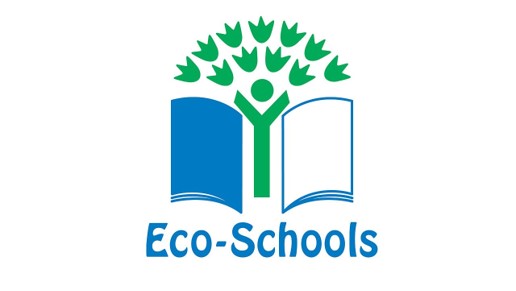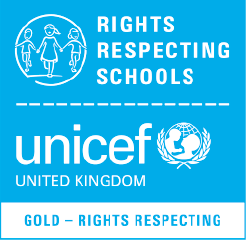Online Safety
Home -> Key Information -> Online Safety
Keeping Children & Young People Safe Online
Article 19. I have the right to be protected from harm.
The internet has revolutionised and has incredibly changed how we communicate and socialise with people 24 hours a day. With access at our fingertips, it can be even more challenging to keep children and young people safe online, especially when they have their own computers, laptops, smartphones/mobile phones, tablets and games consoles.
As a parent, carer or a professional, it is important to educate yourself, children and young people that as well as the endless opportunities available through the internet and technology, there are also associated risks to be aware of.
As a parent, carer or a professional, it is important to educate yourself, children and young people that as well as the endless opportunities available through the internet and technology, there are also associated risks to be aware of.
Children love using technology and are learning to navigate websites, online games and consoles and touch screen technology like tablets and smartphones from a younger and younger age. We have e-safety and internet use policies which all staff, students and volunteers follow.
Our internet access is designed expressly for our children and includes filtering appropriate to the age of our children and children will only use the internet with the direct support and supervision of staff. Staff check that the sites pre-selected for child use are appropriate to their age and maturity.
Our entire system is protected by ‘Smoothwall’ which prevents children and adults from inadvertently accessing sites which may not be appropriate by denying access. Staff log on with secure personal passwords ensuring that any misuse would be identified, access denied and the offended traced.
The school website uses photographs of children only by prior permission from parents. Mobile phones are not allowed in the building for use by staff, parents or visitors.
We run Internet Safety workshops for parents where we talk to parents about how you can keep your child safe online. We advise to ensure that they have parental controls on home IT equipment and that children use computers in the presence of an adult.
Potential risks online:
-
Access and exposure to inappropriate /disturbing images and content
-
Access and exposure to racist or hate material
-
Sexual grooming, luring, abuse and exploitation by/with strangers
-
Sharing personal information with strangers that could identify and locate a child offline
-
Online bullying (cyber bullying) by peer and people they consider their ‘friends’
-
Being encouraged take part in violent behaviour such as ‘happy slapping’
-
Sending or receiving sexually explicit films, images or messages of themselves or others (this is known as sexting when sent by mobile phone)
-
Glorifying activities such as drug taking or excessive drinking
-
Physical harm to young people in making video content, such as enacting and imitating stunts and risk taking activities
-
Leaving and running away from home as a result of contacts made online.
Keeping Your Child Safe:
There are several way to help keep children and young people safe online:
-
Educate yourself and children and young people know about the dangers online
-
Tell them what they should do if anything goes wrong online or upsets them i.e. tell someone about it
-
Explain that anything shared online or by mobile phone could end up being seen by anyone
-
Ensure computers and laptops are used where you can see and not out of sight in a bedroom
-
Use parental settings, filtering software and privacy setting to block inappropriate sites and content
Useful websites:
NSPCC - National Society for Prevention of Cruelty to Children: Advice and support for adults concerned about a child.
CEOP - Child Exploitation and Online Protection Centre: Organisation that works to stop child abuse on the internet.
Childnet: Information on benefits, risks and safety on the internet.
Which?: Information and advice on child internet safety.










